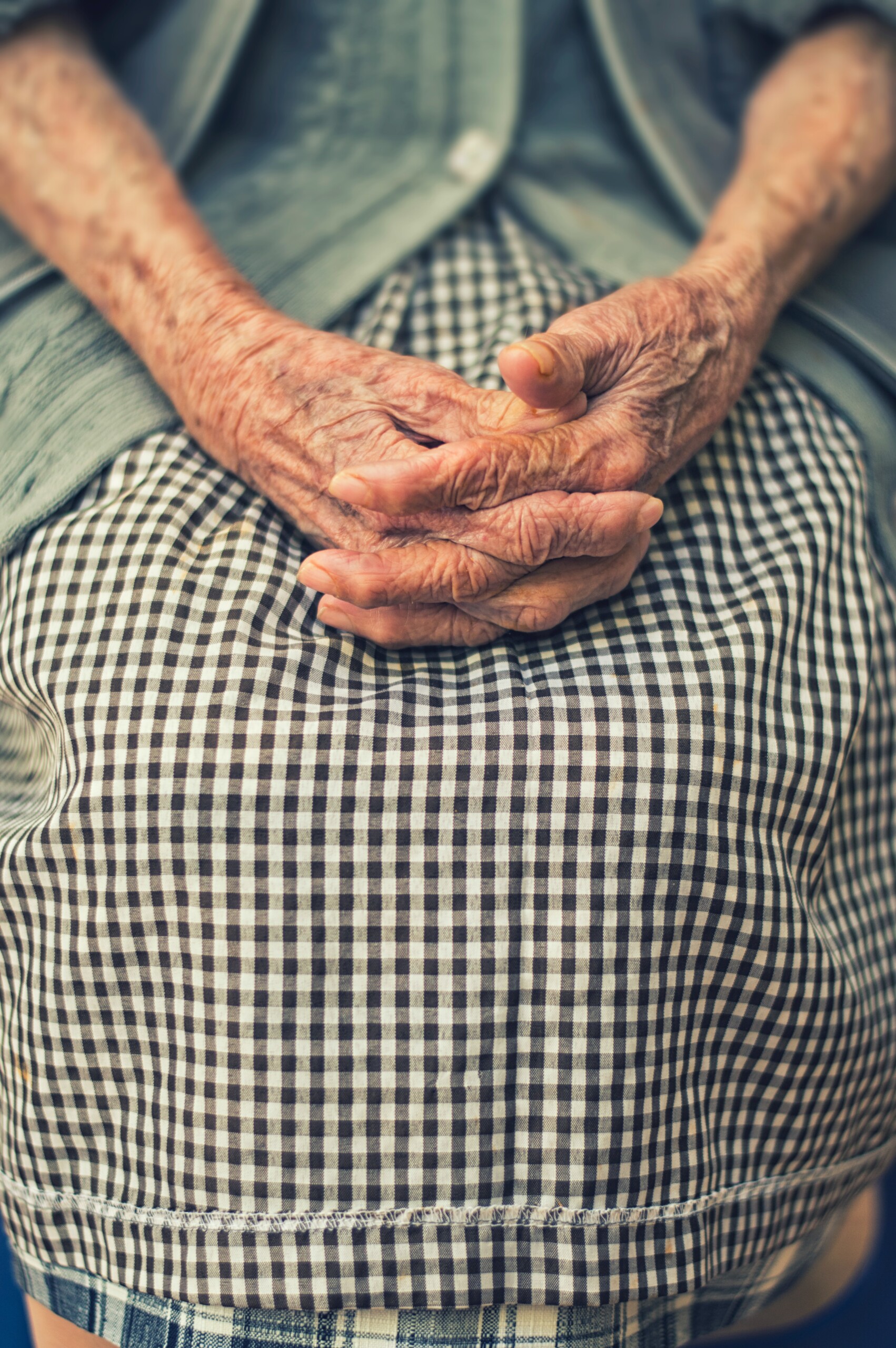Working with countless disabled and homebound older adults, Namkee G. Choi, PhD, sees many who live with no health insurance. After the onset of disability in their 50s, people could no longer work and lost their coverage.
“Eligibility for Medicare and/or Medicaid is tough, and many did not have it for many years when they needed it the most,” says Choi, chair of gerontology at the Steve Hicks School of Social Work at The University of Texas at Austin.
More “near older” patients (age 50 to 64 years) with chronic health conditions are putting off needed care they cannot afford, according to a recent study published in the International Journal of Environmental Research and Public Health, and co-authored by Namkee Choi and Diana DiNitto. Researchers found lack of coverage is a particular problem for this group, which lives with more chronic health conditions than younger groups, but is not old enough for Medicare. Their income, especially for those who still work part or full time, is too high to qualify for Medicaid.
Researchers analyzed data from 2013 to 2018, and discovered that near-older adults without health insurance were at least seven times more likely as other patients to have gone without needed care because of cost constraints.


